if Vanguard detects a cheater in your game, the match will be instantly terminated.
The Rise of Cheaters
The issue of cheating in video games has evolved, infiltrating a wide range of platforms and genres and leaving a trail of frustration and disillusionment. From the early days of aimbots and wall hacks in first-person shooters to the more recent exploits and duping in online role-playing games, the tactics employed by cheaters have not only changed but also become more intricate and difficult to detect, painting a grim picture of the gaming landscape.
One of the primary reasons behind the proliferation of cheating is the rise of online multiplayer gaming. As competition intensifies and players strive for dominance, the temptation to gain an unfair advantage becomes irresistible for some. Whether driven by a desire for recognition, a thirst for victory, or simply the thrill of outwitting opponents, cheaters exploit vulnerabilities in-game mechanics or utilize third-party software to gain an edge.
The repercussions of cheating extend well beyond individual matches or gaming sessions. They corrode the very fabric of the gaming community, creating an environment where fair play is disregarded, and honest competition is undermined. For genuine players, encountering cheaters can be a deeply frustrating and disheartening experience, leading to a sense of helplessness and, ultimately, a disconnection from the game.
Moreover, the economic impact of cheating must be noticed. In games with microtransactions or in-game economies, cheating disrupts the balance of the virtual marketplace, devaluing legitimate efforts and investments made by players. This not only diminishes the incentive for players to participate but also undermines the revenue streams of developers and publishers, threatening the sustainability of the gaming ecosystem.
Efforts to combat cheating have been ongoing, with developers implementing various measures such as anti-cheat software, player reporting systems, and regular updates to patch vulnerabilities. However, the arms race between developers and cheaters persists, with each new defense met by a corresponding offense. Moreover, the underground market for cheat software continues to thrive, fueled by the demand for illicit tools and the financial incentives for their creators.
The battle against cheating in video games requires a multifaceted approach involving technological solutions, community engagement, and cultural change. Educating players about the negative impacts of cheating, promoting sportsmanship and fair play, and fostering a sense of accountability within the gaming community are essential steps in curbing the spread of cheating.
Collaboration between developers, players, and other stakeholders is important and the cornerstone of addressing the root causes of cheating and implementing effective deterrents. By fostering a culture of transparency, communication, and mutual respect, the gaming community can unite to uphold the values of integrity and fairness that are the essence of gaming.
What is Vanguard?
A unique security tool called Riot Vanguard aids VALORANT and League of Legends in maintaining their competitive integrity by thwarting cheaters. One of the best anti-cheat programs available in the ever-expanding competitive gaming world, the software was created by Riot Games. It is more invasive than other anti-cheat software since it gains kernel-level access to your computer and starts Windows on bootup.
When Riot first released their anti-cheat software, players expressed some concerns due to the intrusive architecture that the software incorporated. Riot Games' collection of sensitive and personal data from its player base alarmed some players.
How does Riot's Vanguard work?
Using a kernel-level driver, Riot Vanguard is an AI-based anti-cheat system that stops players from cheating in League of Legends and VALORANT. Despite popular belief, the client has low-level access to the system and always runs in the background, even when the game is not running. Riot's anti-cheat tool, Riot Vanguard, establishes a connection with the Riot Games servers to find any cheats or questionable activity on your system. In addition to assisting in the investigation of cheaters, Riot Games' AI system has made it possible to find new kinds of cheats and stay up to date with the cunning methods that cheaters come up with.
Players caught cheating may receive permanent bans from Riot, or their bans may last 90–120 days, depending on the system's findings. Riot Vanguard can identify the hardware and prevent the cheaters' PCs from running the game again because it has kernel-level access to their computers. This deters players from just making a new account to play the game, and it also enables Riot Games to remove cheaters from their product.
Vanguard added to League of Legends
Recently, Riot have added their kernel-level anti-cheat, Vanguard, to League of Legends, similarly to VALORANT, if it detects a cheater in your game, the match will be instantly terminated, and no loss or win will be credited to either team; this is a big step in the right direction from Riot, considering the amount of "scripters" (people who use macros or scripts to help them cast abilities at non-human rates and reaction times) and players using map-hack, allowing them to see the entire map regardless of fog of war.

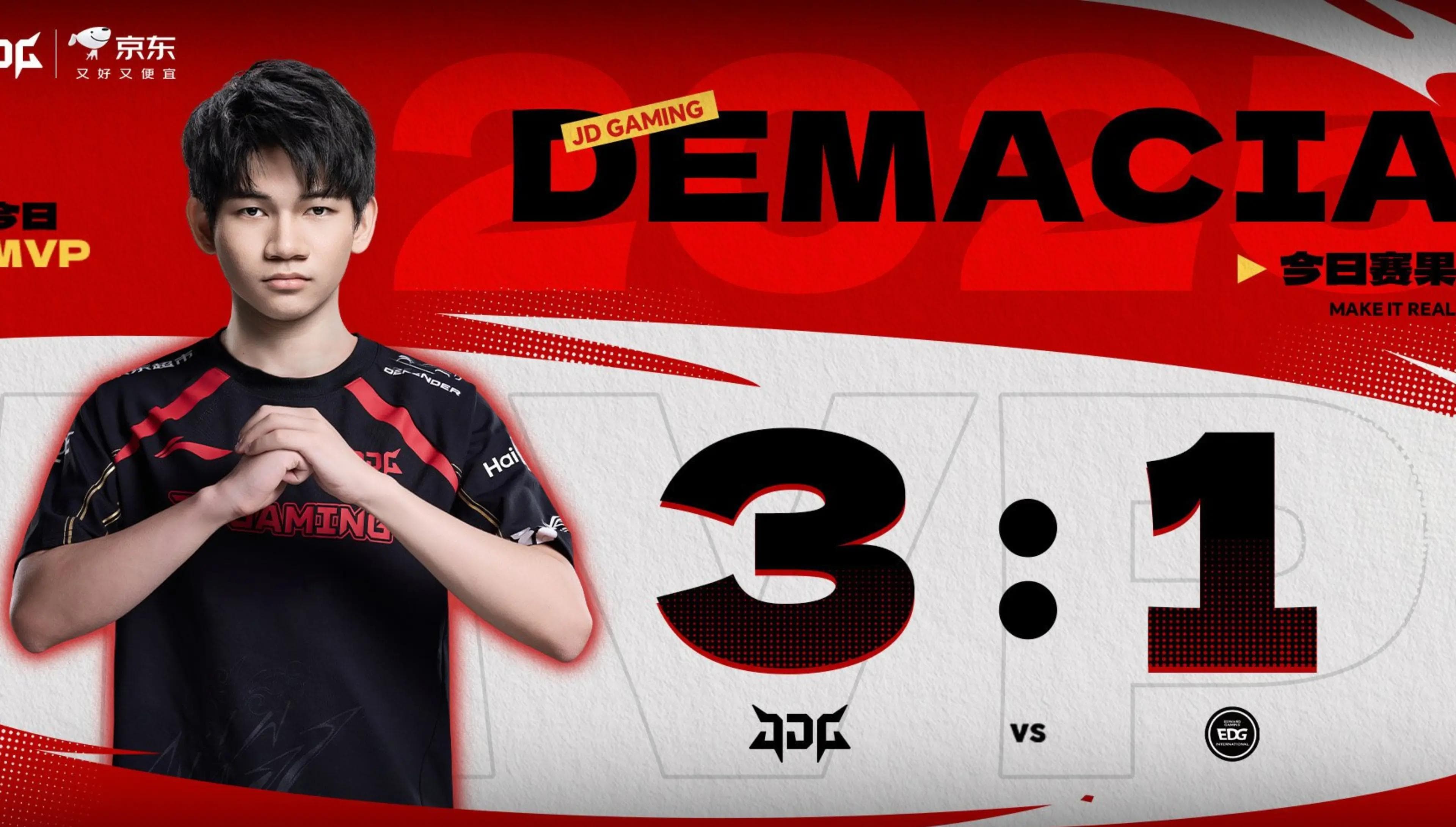

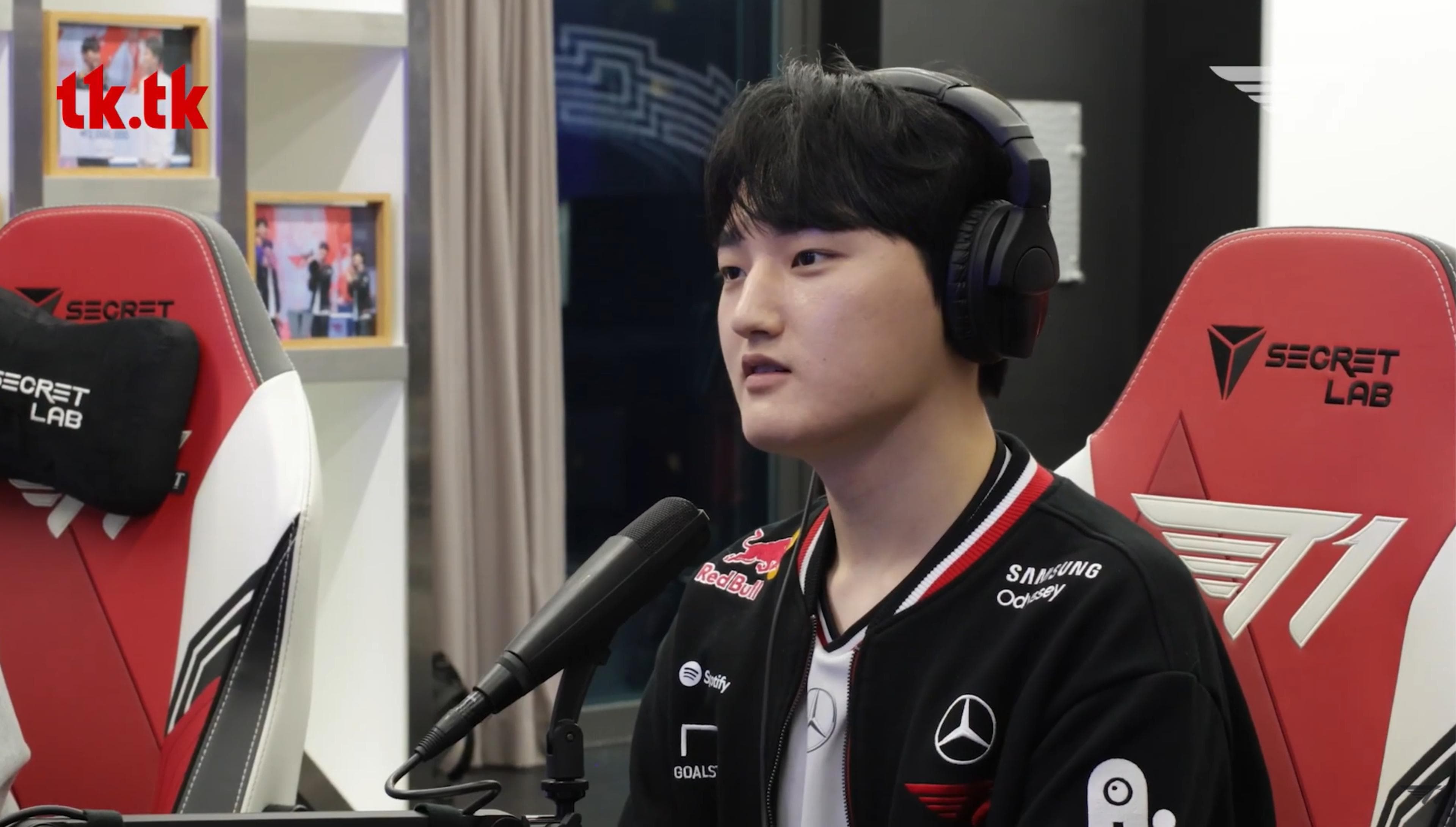
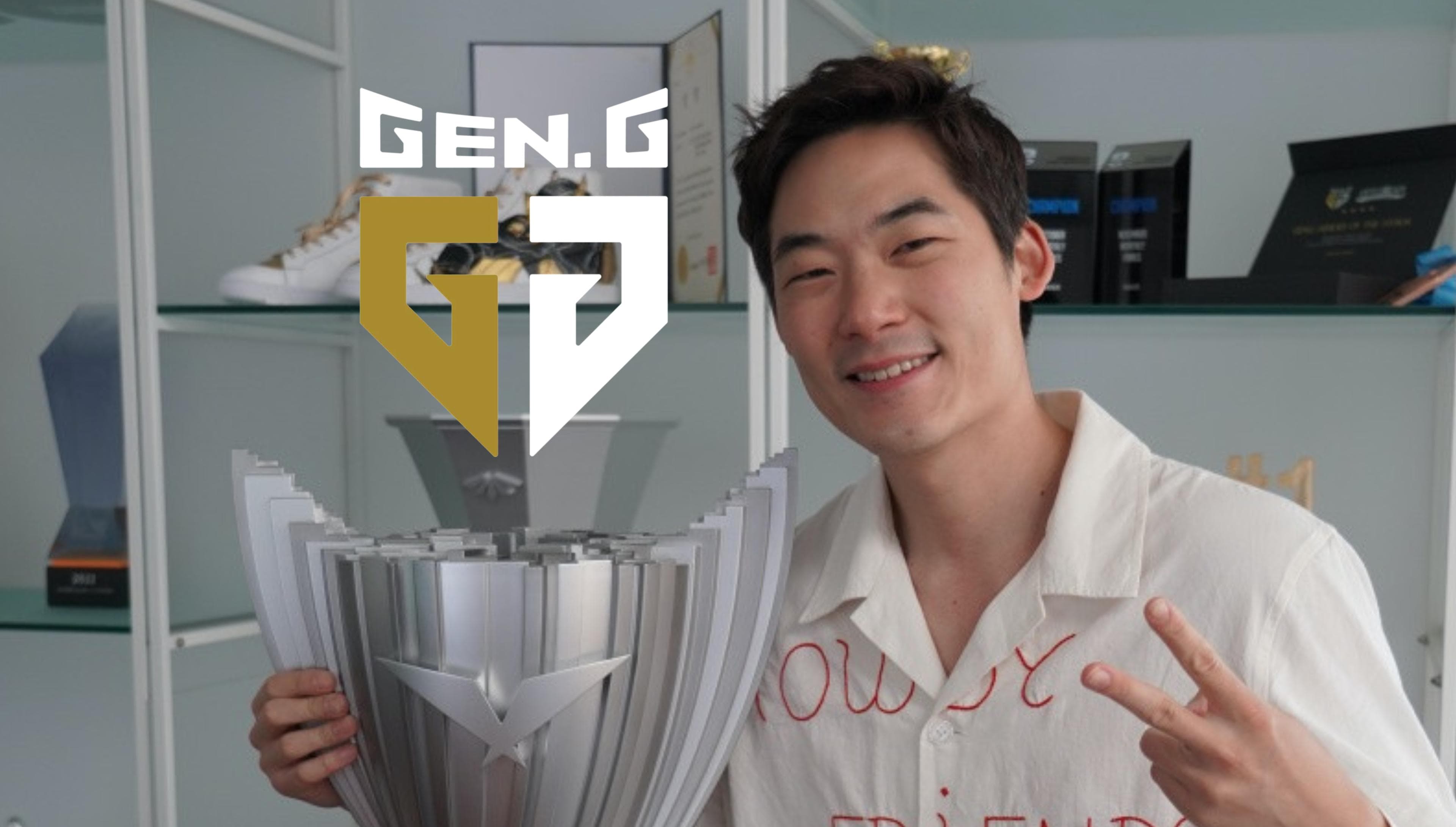
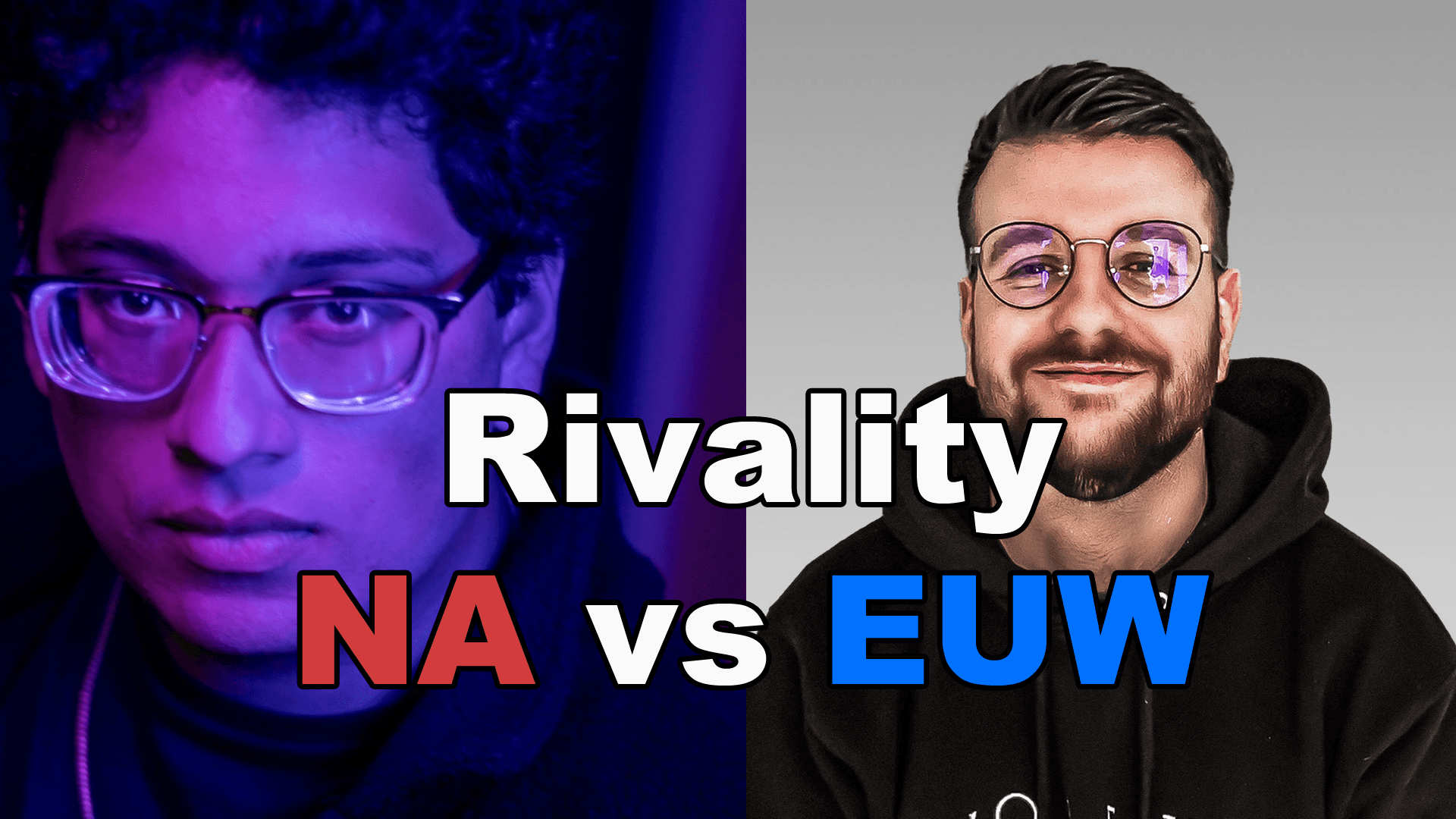
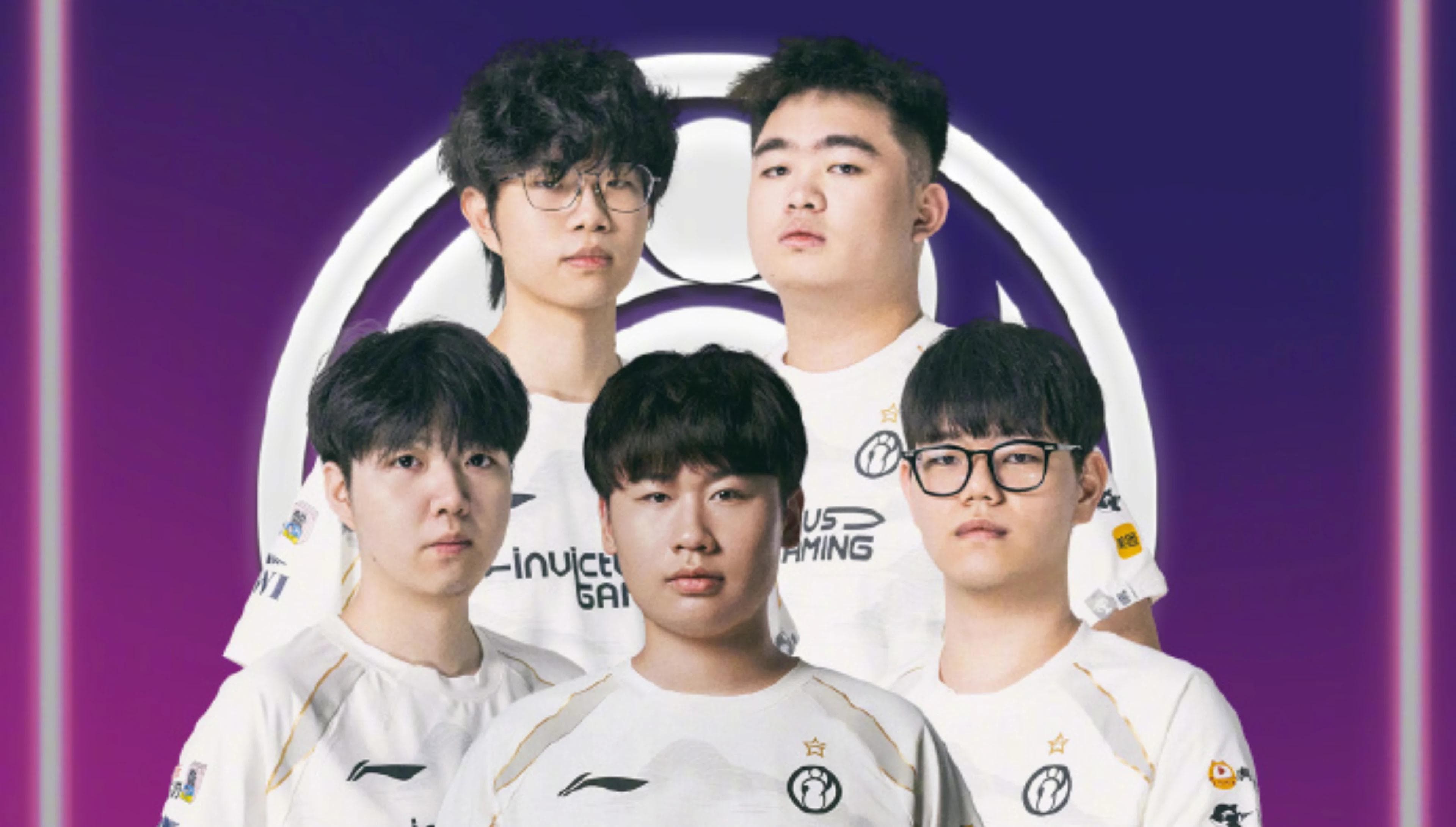
/Comments
Write a comment